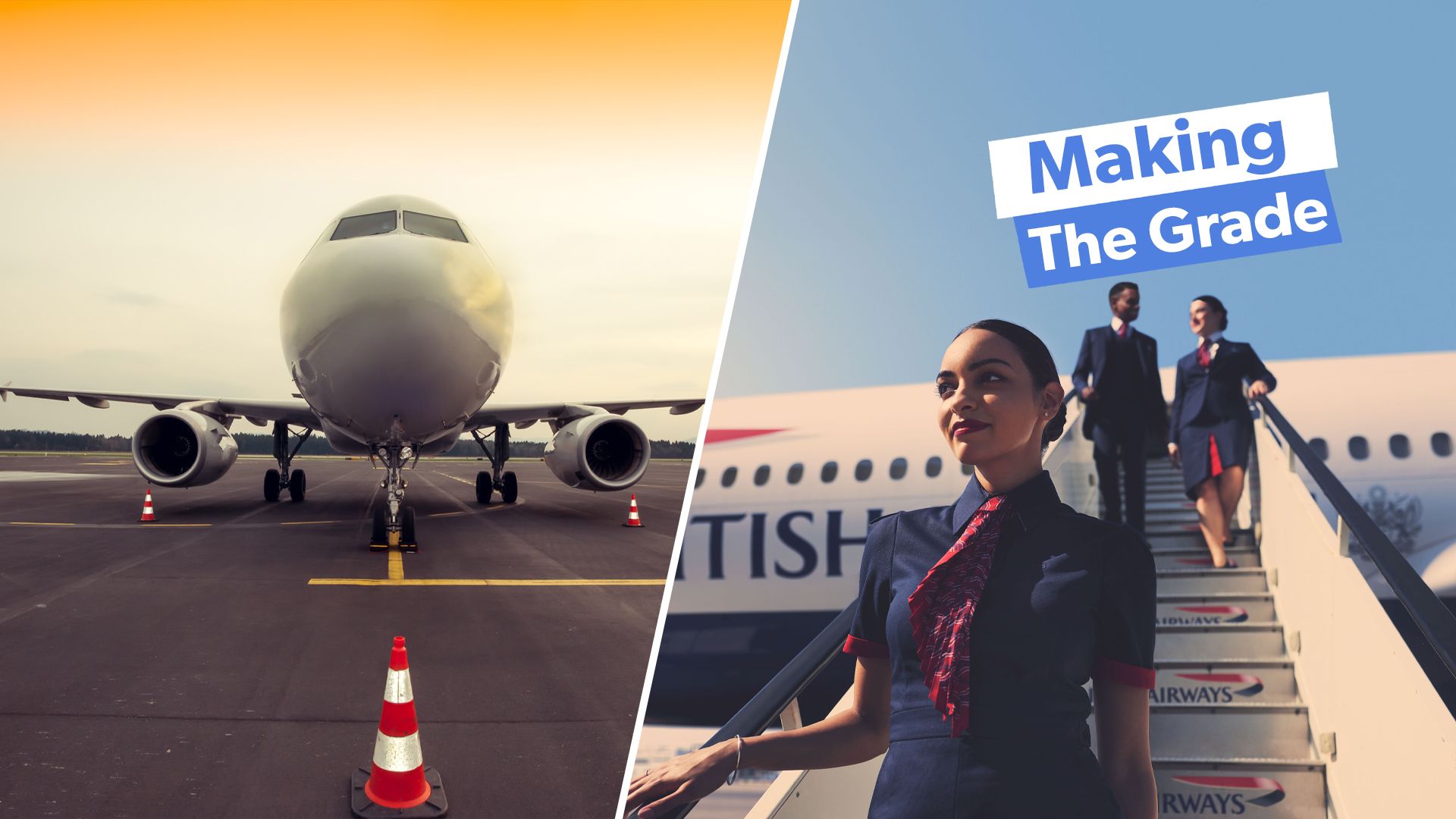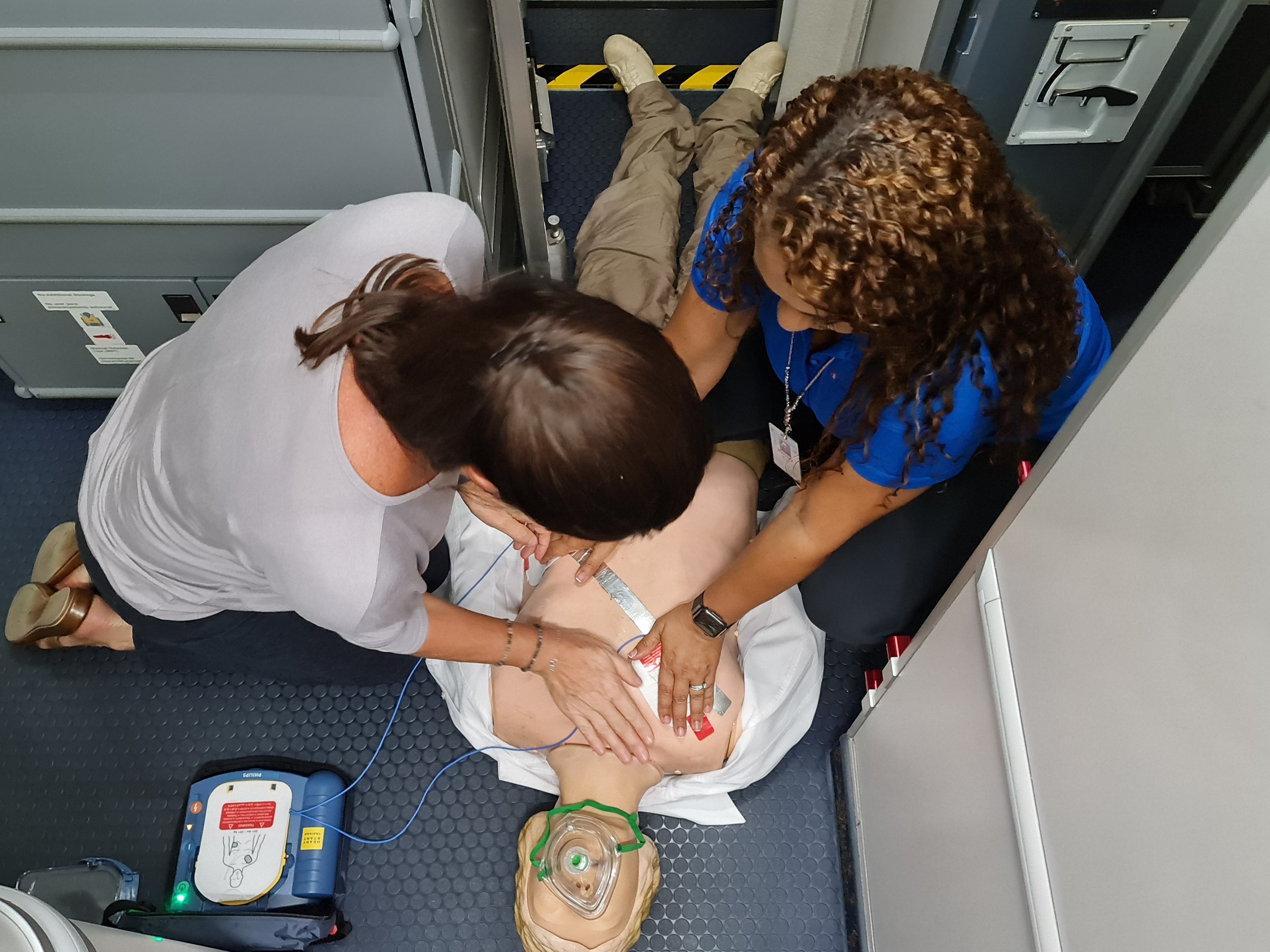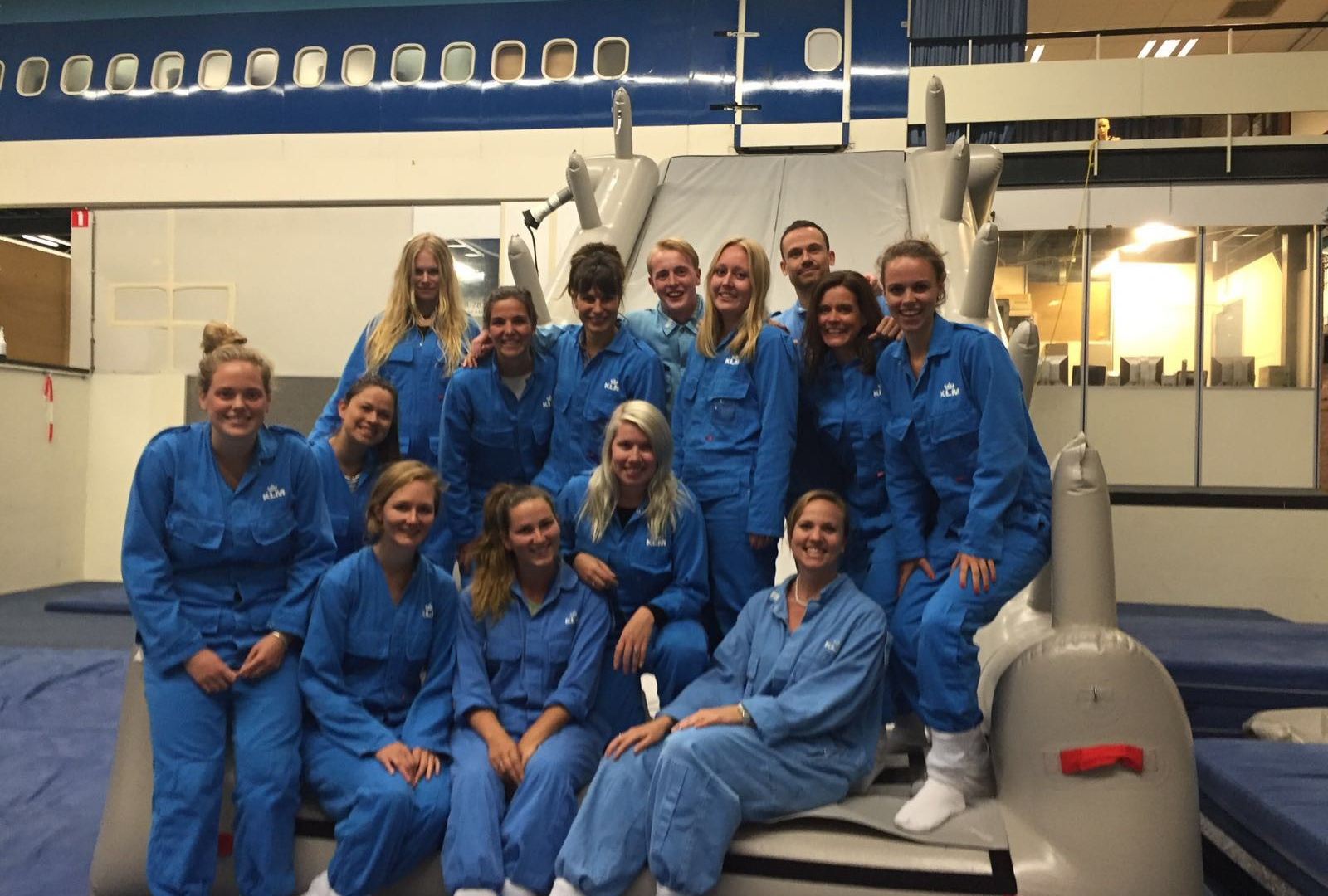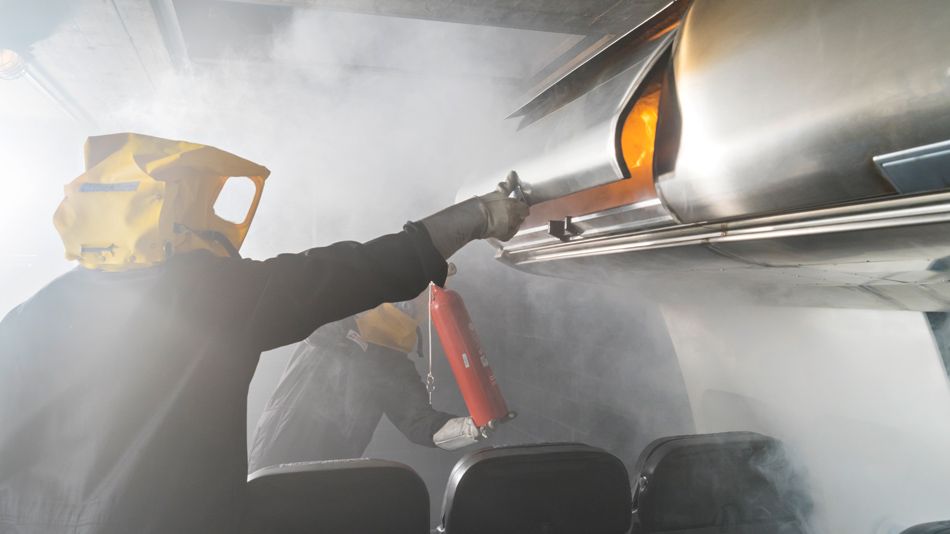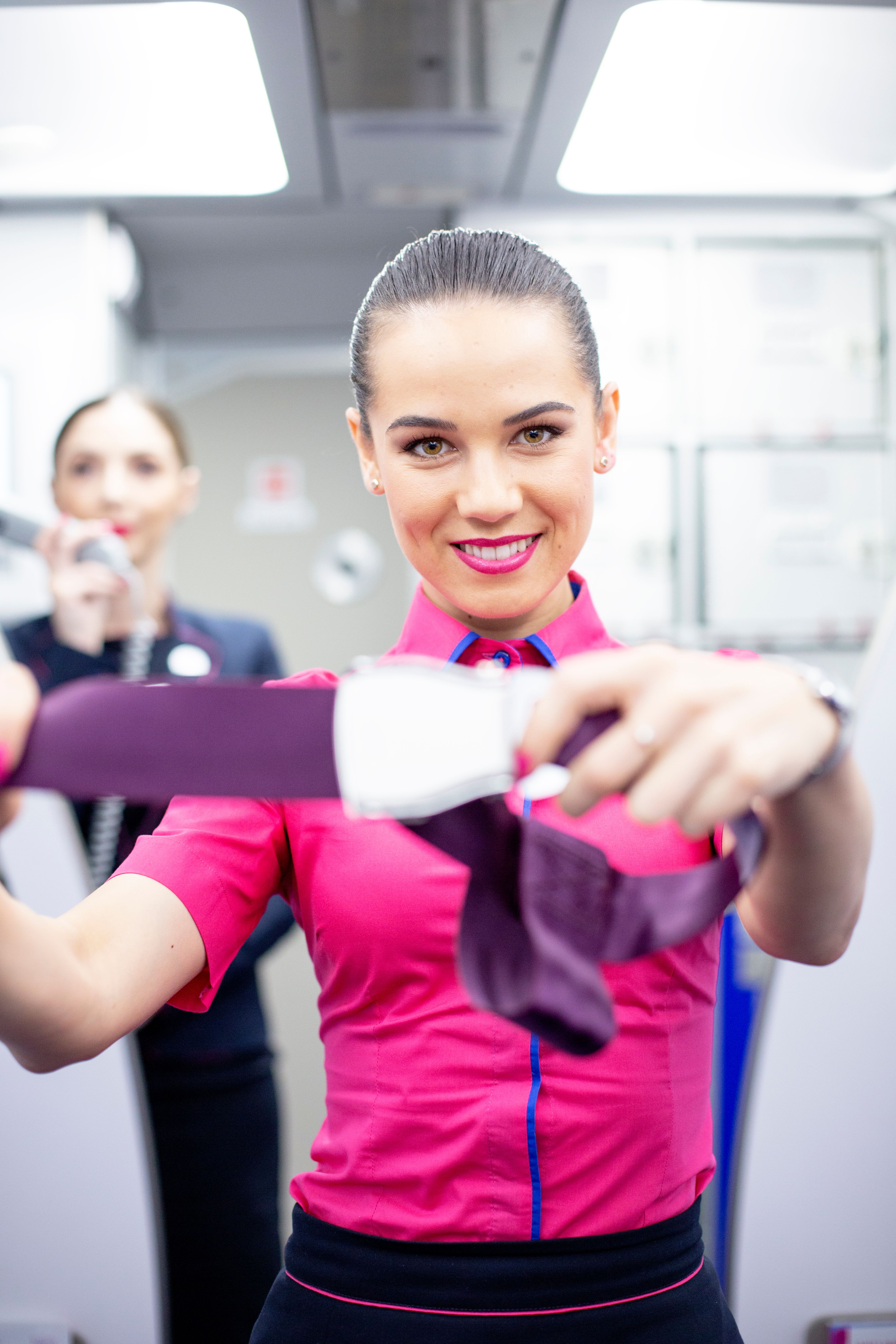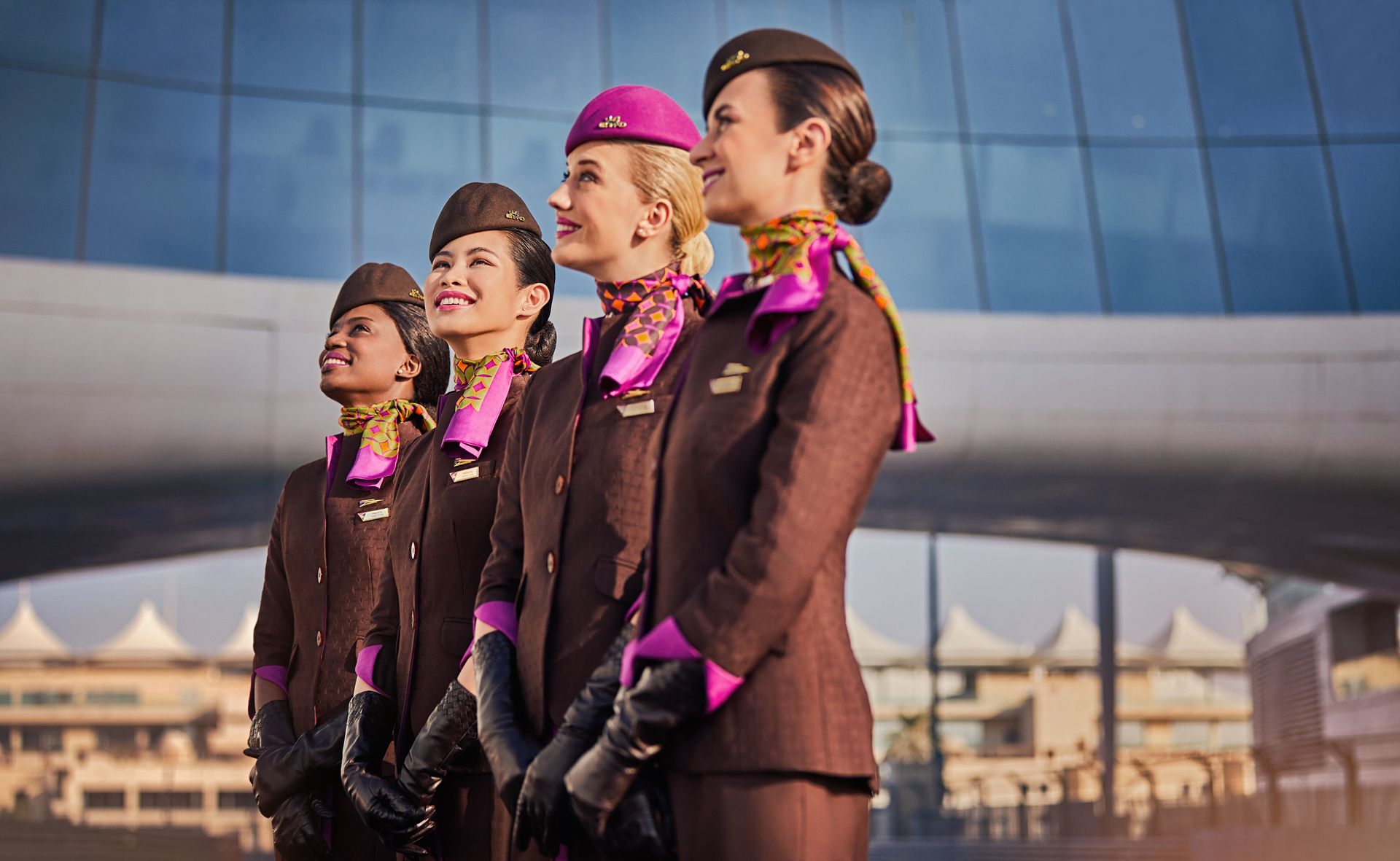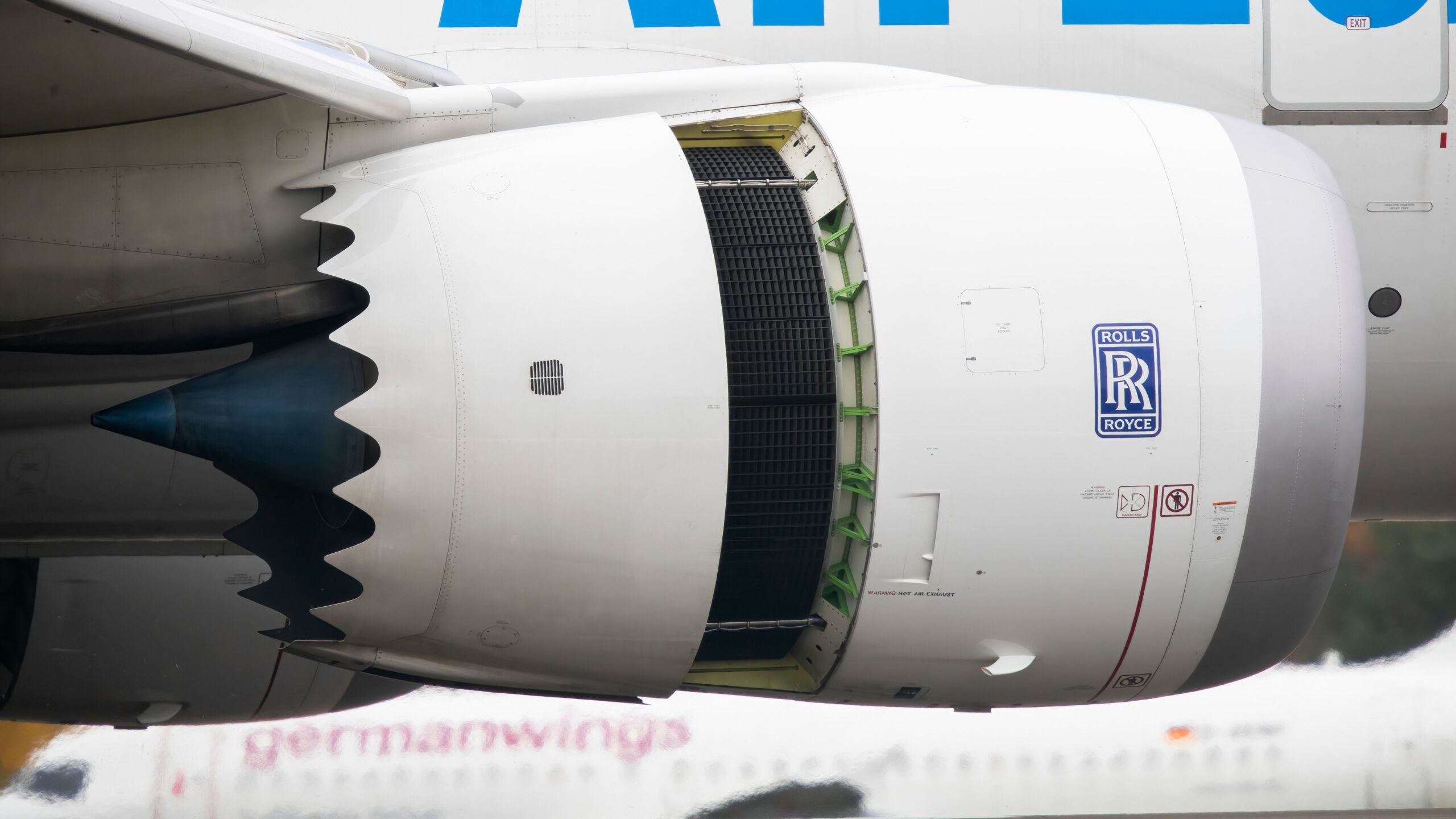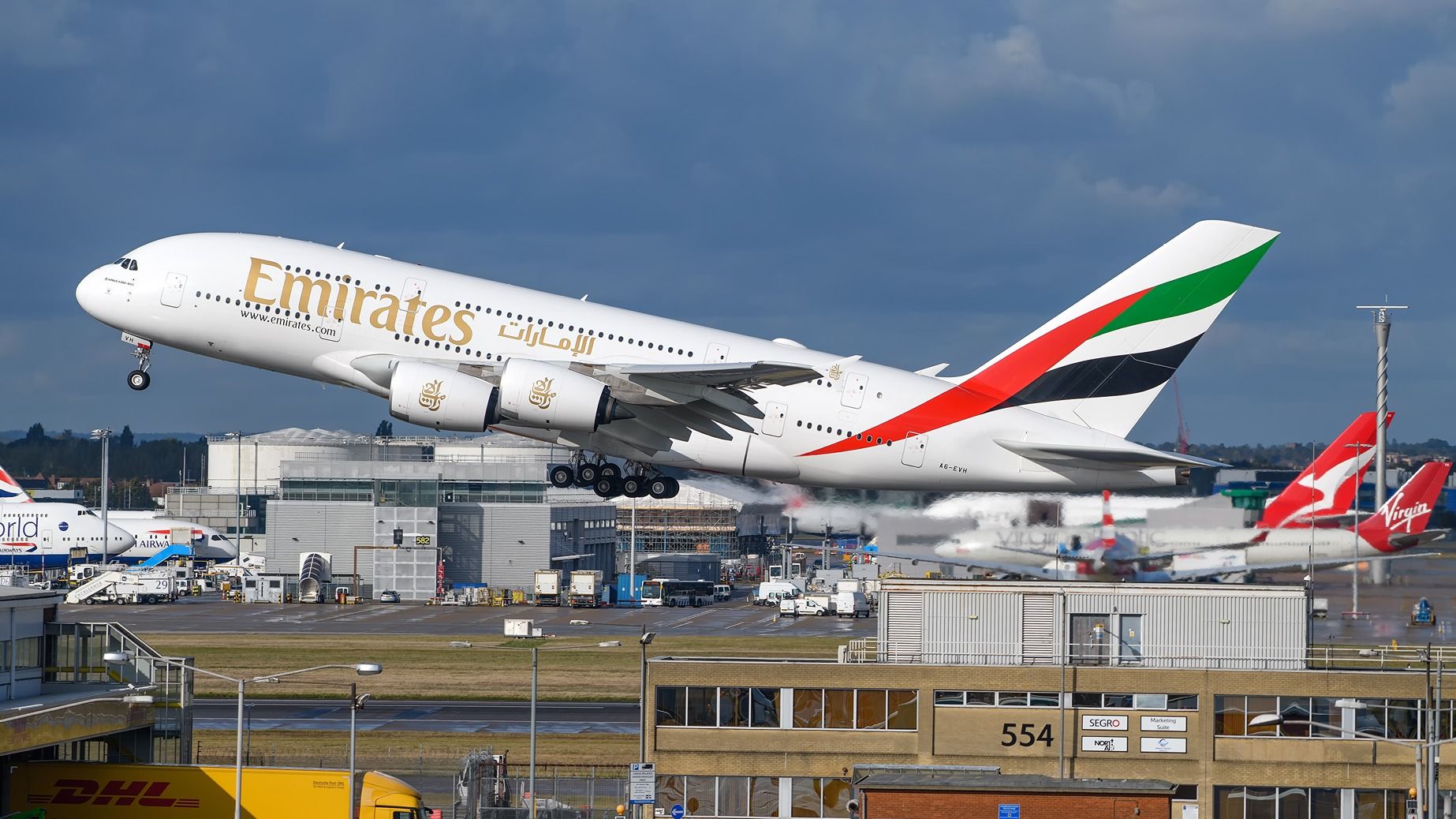Summary
- Hard work and patience will be invaluable for cabin crew training success.
- Teamwork and communication are essential for daily cabin crew life.
- Cabin crew must follow strict airline rules and procedures at all times.
Every cabin crew member will remember their first period of training with the airline. New recruits usually undergo a rigorous six weeks of hard work and stress before finally gaining their wings. Not all of your batch mates will make it through to the end. Here are some of the most important things to consider in order to succeed and pass training school.
1
Hard work is expected and crucial for success
Putting in the effort and having a ton of patience
The assessment days for cabin crew are the first indication of how training will be. You have to go through a lengthy recruitment process before you get an invitation to an assessment day. These days often include tests, numerous tasks to complete and interviews. That in itself can be arduous and exhausting, but once you get the job, it is well worth it. The training is just another hurdle to overcome and one of the toughest challenges in your career, but it does get easier. Here are some of the things you might complete on an assessment day:
- Reach test
- Group interview
- English, math, language, knowledge test
- Group task
- Final interview
Photo: Cayman Airways
Cabin crew training is very intensive; people do get overwhelmed and tired, but you just have to keep working hard. This does set the ground for your future career, and you will never regret the extra effort. Standards are high, and the pass rate for the exams (of which there are many) is usually above 90%, but some airlines ask for as high as a 98% pass rate. If you fail the first time around, you should get a second chance to pass the exam, but if you fail at that point, you’ll be asked to leave.
2
Be a good colleague and offer your support
Teamwork and communication are essential skills to have from the get-go
It sounds obvious, but be nice! You may never see your batch mates again after training, and you work with a new team every day, so it is important to get along. Teamwork and communication are absolutely essential to the cabin crew role and must-have qualities from day one of training. Without these, there could be no efficient service, and most importantly, with the teamwork required in any emergency, everyone has to be exactly on the same page.
Photo: KLM
The support of your colleagues will really help during training. The course is usually six days a week and can get pretty intensive, with up to ten hours of training a day for six weeks. There will be days when you are tired and emotional and find it all a bit much. Not everyone survives training, but when it gets tough, if you can rely on a colleague to talk through things, it will be much easier. Always be polite and have a smile ready, no matter how you feel. This will put you in good stead for daily cabin crew life.
3
Have focus and a clear head
There is a lot to learn, technical and practical and essential skills
At the start, it is important to research the airline well and know its background and product. You must also understand what the job really entails and why cabin crew are there. Some people just see the uniform and don’t realize until training that they might have to save someone’s life or evacuate a blazing aircraft. Take advantage of any pre-training materials that the airline may offer.
Photo: Lufthansa Aviation Training
There is a great deal of information to take in, and you have to prepare to be a sponge. There is a lot of terminology to learn as well as technical items in the aircraft-specific training. Some of the things that you will learn about include:
- Aviation first aid – specific to working on aircraft.
- Fire fighting – putting out fires in the lavatory, overhead locker and oven.
- Security – staying safe and being aware of security measures.
- Dangerous goods – what can and cannot be carried on an aircraft.
- Survival – in polar, desert, ocean and jungle conditions.
- Crew resource management – case studies of accidents and the importance of good CRM.
- Aircraft specific – all the safety features of the aircraft type (up to 3 types or 4 if the same family).
- Emergency procedures – practical procedures in any emergency situation including landing on water or on land (planned and unplanned) and door operation.
- Safety equipment – all the safety equipment onboard the aircraft type.
The training is a mix of practical, hands-on, and classroom-based, and there will always be homework. Other topics may be included, such as service, inflight retail and self-defense. On each listed topic, you will have to pass a written exam and often a practical exam too. Here are some examples:
- Aviation first aid – written and practical, including emergency response procedure, CPR and defibrillation, assessing and treating various conditions.
- Fire fighting – written and practical, including a scenario of finding the fire and putting it out. It can also include finding ‘bodies’ in a blackened cabin and finding your way out.
- Emergency procedures – written and practical, simulations of planned and unplanned emergencies including the ditching drill in water.
4
Practice makes perfect
If in doubt, always ask and understand
In the beginning, it is a good idea to find a mentor who will tell you honestly about the role and how to prepare for it. During training, there may be someone else who is ex-cabin crew and can help guide you on anything that you don’t understand. There is quite a lot of technical information, and it can sometimes feel overwhelming. Also, never be afraid to clarify something with the instructors. After all, they want to help you and don’t want to see you fail. There is never anything that is a stupid question.
Photo: Wizz Air
Even after class, there will still be homework to do and a lot of revision. If you are struggling with some of the practical emergency procedures, you can still practice the movements and commands together to make it easier until you feel confident.
5
Always follow the rules
As cabin crew you have to strictly follow the airline’s rules or you could lose your job
Airlines have so many strict rules that must be followed throughout your entire career. You cannot be a rule breaker as there will always be someone watching, especially during training. Working for an airline is all about safety and following sets of procedures in order to have a safe and efficient flight. Procedures are crucial – if something ever goes wrong, your training will ensure you are able to react immediately without hesitating.
Photo: Etihad Airways
Some of these rules include:
- Uniform standards – adhering to such things as hair color and style, colors of make-up, minimal jewelry, shoe heel height and color, skirt length, the position of the hat.
- No being late, the aircraft will not wait.
- Always be professional and reliable. You are an ambassador for the airline.
- Follow procedures exactly as in the manual.
Some airlines have a ‘snapshot’ system, meaning if you get three (of breaking any of the rules) then you have to leave. There is no doubt that cabin crew training can be tough, especially the first time around. Usually, you will lose a few members from the batch. This can be as simple as being late, not wearing the uniform correctly, or not passing the exams. Some people realize it is not the right job for them, and it is not what they thought it would be. However, it does get easier, and many cabin crew members go on to have long and successful careers.

